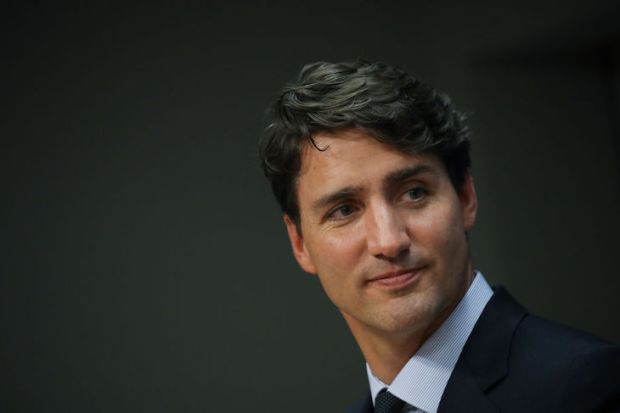What does ‘mental health’ mean? Is the answer to that question undergoing a generational change, as younger people become more aware of – and likely to talk about – their mental state and to discuss it in terms of ‘mental health’? And will that cultural change have economic effects? These are some of the questions I’ve explored in a Radio 4 Analysis show that’s broadcast on Monday night.
There might be a generation of workers who are inclined to take a day off work because they’re feeling a bit worried about a big meeting and so on
It includes the voices of several fascinating people, but in particular I’d draw readers’ attention to the psychologist Dr Lucy Foulkes of Oxford University. She told me that after a lifetime of study, she’s starting to worry that society-wide mental health awareness campaigns might be doing more harm than good. Her fear is that the well-meaning move to destigmatise mental health conditions has effectively diluted the term ‘mental health’ such that some people are starting to describe ordinary human experiences and problems (sadness, worry, stress) as mental health conditions.
The result, she posits, might be a generation of workers who are inclined to take a day off work because they’re feeling a bit worried about a big meeting and so on.
And by diluting that term ‘mental health’ to the point where everyone has mental health problems of differing degrees, we devalue the concept and distract from the urgent and often unmet needs of people with – my words, not hers – genuinely serious mental health problems.
I think Dr Foulkes is raising some important – and difficult – questions, so I hope her thoughts (and my programme, of course) get some attention.
Politicians are certainly realising that the interaction of mental health and work is important. Mel Stride, the Work and Pensions Secretary, and Ally McGovern, Labour shadow work minister were both keen to be interviewed. Stride told me about official estimates that one in four young people now describe themselves as having a mental health problem. McGovern – quite reasonably – scolded me for not taking workplace stigma seriously enough.
The politcos are keen to talk about more support and understanding on mental health at work because they know this is something people are interested in, and partly it’s because they know that losing workers from the labour market because of mental health issues puts a dampener on any economic plans they have.
The role that mental health has played in driving up the UK’s inactivity rate isn’t always given enough attention in a debate that’s sometimes more focused on things like workers taking early retirement. But according to the Office for Budget Responsibility, mental health problems account for around half of the total rise in health-related inactivity since the pandemic.
This stuff really matters for the Treasury’s Autumn Statement, and maybe the next general election. Because a better Conservative policy on mental health at work could help pave the way for tax cuts.
In very simple terms, people who aren’t able to work cost the Treasury money and people who are in work generate money for the Treasury. So the more people the UK has who are able to work, the better the outlook for the public finances.
If the OBR believes that government policy will decrease economic activity, it is likely to raise its forecasts for tax revenue, cut forecasts for spending, and therefore project smaller deficits. Which might – depending on political choices – make it easier for ministers to promise tax cuts. Or more spending, if that’s your preference.
This is why the Autumn Statement will set out new plans for bigger tax breaks for employers providing mental health support for workers – anything that keeps them in work is likely to be net positive for the economy and thus the Exchequer.
Such policy work isn’t glamorous or immediately exciting. Workplace support and better working relationships between GPs, employers and the DWP isn’t the stuff that makes front page headlines for Cabinet ministers. Instead, it’s the preserve of industrious ministers of state like my fellow Northumbrian Guy Opperman, the minister for employment who has been toiling away on this issue for several months.
If the OBR gives the government some fiscal headroom for possible tax cuts, it will be partly down to the hard, boring policy work being done in DWP on employment and mental health – work that I’d bet will continue under a Labour government, because happily not everything is a partisan wedge issue.
Got something to add? Join the discussion and comment below.
Get 10 issues for just $10
Subscribe to The Spectator Australia today for the next 10 magazine issues, plus full online access, for just $10.




















Comments
Don't miss out
Join the conversation with other Spectator Australia readers. Subscribe to leave a comment.
SUBSCRIBEAlready a subscriber? Log in